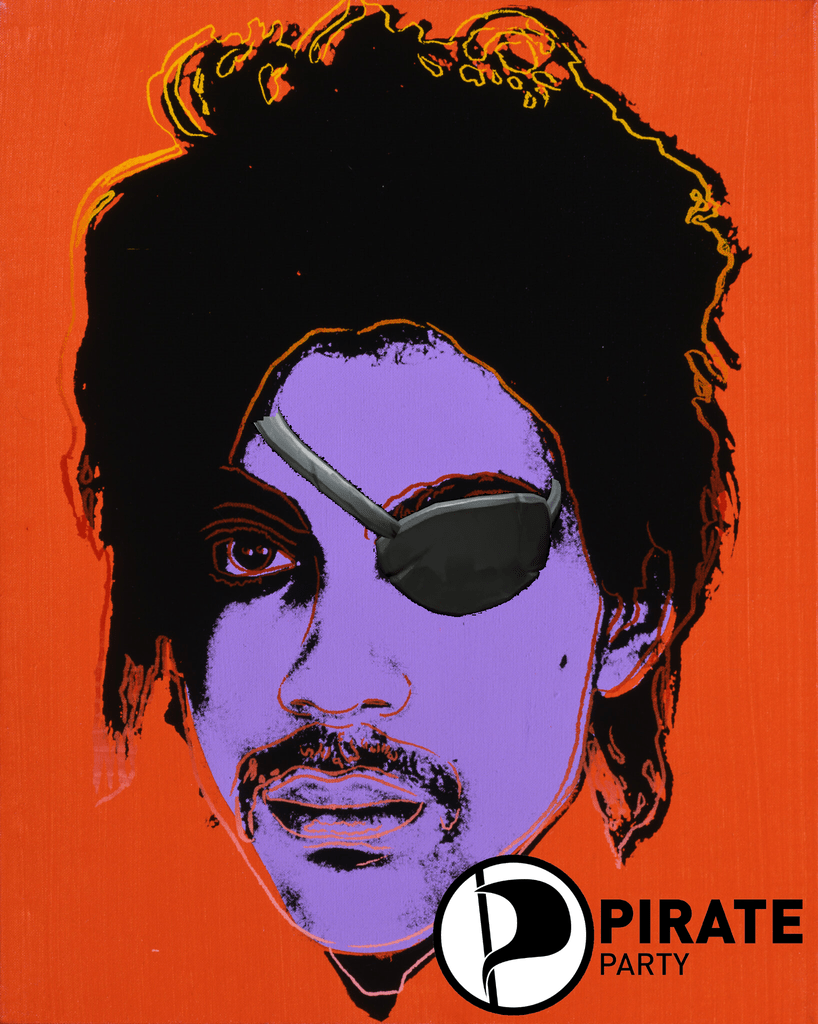When Pirates entered the political scene for the first time in Sweden in 2006, it was under the issues of copyright. Fair use, copyright reform, patent abolition; all goals towards a free and open society.
It’s an issue many folks haven’t given a second thought about (that is, if they’ve thought about it at all). Many folks, despite years of advocacy, don’t think much about it or how it might affect their lives.
But this is not and has never been an insignificant issue. If it was, it would’ve been moved on from a long time ago. Instead, it has remained a core issue at the forefront of the platform of the United States Pirate Party and every Pirate Party around the world.
If it was issue, Pirate Parties wouldn’t have popped up across the world in various countries and continent all fighting for the same goals. But it is and remains the Pirate Party core issue.
Even as Pirate Parties expanded from being a single-issue party, we never shied away from that single issue.
To quote Katharine Trendacosta, “A robust and flexible fair use doctrine allows us to make use of a copyrighted work to make new points, critiques, or commentary. It allows libraries to preserve and share our cultural heritage. It gives us more freedom to repair and remake. It gives users the tools they need to fight back, in keeping with its core purpose—to ensure that copyright fosters, rather than inhibits, creative expression.” That is what we fight for.
This month, days ago from the time of this post, the Supreme Court released its opinion on Andy Warhol Foundation v. Goldsmith, made it harder to use the works of others.
In a 7-2 decision, the Supreme Court struck a blow to fair use, with Justice Kagan and Chief Justice Roberts dissenting. The opinion of the Supreme Court, as delivered by Justice Sotomeyer, is essentially that, and this is a direct quote: “the existing copyright law, of which today’s opinion is a continuation, is a powerful engine of creativity.”
We disagree.
Summarizing her 36 page dissent with “If Warhol does not get credit for transformative copying, who will? And when artists less famous than Warhol cannot benefit from fair use, it will matter even more,” Justice Kagan wonderfully explains the ruling is a direct attack on the people the majority opinion so seemingly believe they are protecting.
But copyright laws have been a thorn in the side for small creators and artists alike, often with the big benefactor being corporations. It is the United States Pirate Party’s opinion to side with the dissenting opinion. To echo the final words of the dissenting opinion: This ruling “will stifle creativity of every sort. It will impede new art and music and literature. It will thwart the expression of new ideas and the attainment of new knowledge. It will make our world poorer.”
We urge a reversal of this decision. We need to attack existing copyright laws, not embolden them. The purpose of our current copyright laws is to help creators, but it deviates from the intent.
If it truly helped the little guy, corporations wouldn’t fight so hard to keep the current laws in place, if not strengthen them. This party was founded about the issues of copyright reform, and the ruling of Andy Warhol Foundation v. Goldsmith is a disappointing to say the least.
But no Pirate remains silent to unjust systems. We haven’t ended our fight, but intensified our cause. Pirate candidates will be sure to continue raising awareness on the issues of copyright, and the United States Pirate Party will continue to work with candidates, organizations and everyday people dedicated to fixing our unjust system.

0 comments on “Through the Spyglass: Andy Warhol Foundation v. Goldsmith”